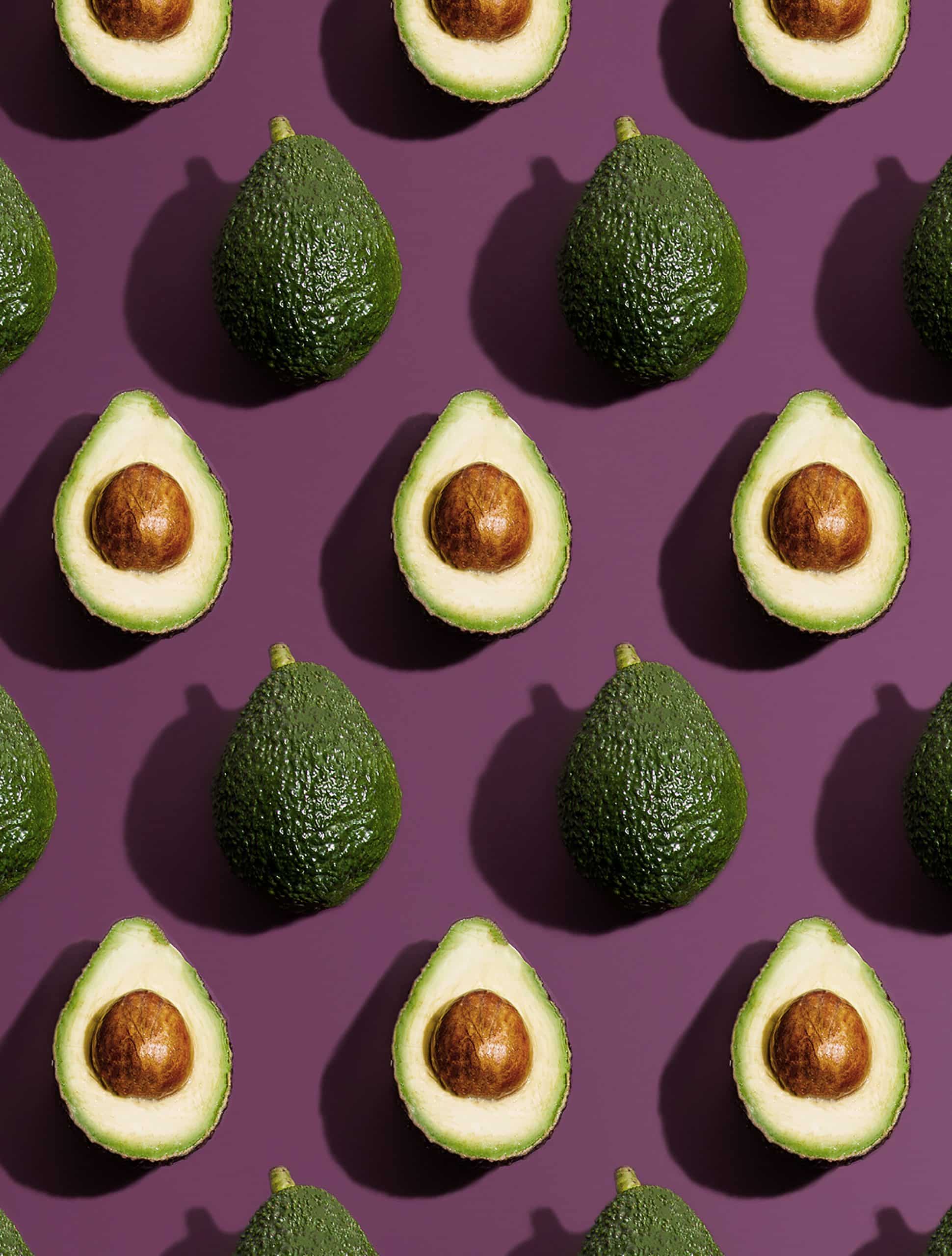
 Eating a wide variety of foods is important to your health. It ensures you’ll get all the essential nutrients your body needs. Potassium is one of those nutrients that play an important role in how the body functions. That’s why consuming potassium rich foods is important. This mineral plays a role in regulating your heartbeat, helps control blood pressure, aids in nerve conduction, glycogen synthesis, nerve conduction and muscle contraction. Your cells require potassium to be healthy. Eating potassium rich foods can help prevent osteoporosis, stroke and kidney disease.
Eating a wide variety of foods is important to your health. It ensures you’ll get all the essential nutrients your body needs. Potassium is one of those nutrients that play an important role in how the body functions. That’s why consuming potassium rich foods is important. This mineral plays a role in regulating your heartbeat, helps control blood pressure, aids in nerve conduction, glycogen synthesis, nerve conduction and muscle contraction. Your cells require potassium to be healthy. Eating potassium rich foods can help prevent osteoporosis, stroke and kidney disease.
Beans are a great food when you need more potassium.
Lentils and beans are especially good sources of potassium, with white beans being the best source. White beans not only contain potassium, they contain calcium and iron, plus a good amount of fiber. Beans and lentils are good sources of plant protein and can save money as a dish for meatless Mondays. They also help keep inflammation at bay with their high antioxidant content. Combine beans with rice or quinoa or eat nuts and seeds as snacks during the day to ensure you have all the necessary amino acids.
Potatoes are a good source of potassium, regardless of their color.
Whether you choose white potatoes or colorful sweet potatoes, you’ll get a good supply of potassium. White potatoes are the best source, providing 1600 mg for a large baked potato, but sweet potatoes also provide potassium. A large sweet potato contains 1110 mg of potassium. Since you need approximately 3500 mg of potassium a large baked potato could provide about half the daily amount necessary. Eating potato skins is important since it contains quite a bit of the potassium. Potatoes, both types, provide fiber, vitamin A, B6, C and manganese.
Beets are considered a superfood.
Beets provide so many nutrients, they’re considered a superfood. They can aid with lowering blood pressure, not just from the potassium they contain, but also the nitrates. Nitrates are vasodilators that relax blood vessels and allow them to open wider. Combined with the potassium, eating beets regularly can help regulate blood pressure levels. The phytonutrient that gives them their color is a powerful antioxidant that helps prevent cell damage and inflammation. Beets also have folate and manganese for more health benefits.
- Spinach, kale and swiss chard are also high in potassium. Spinach not only has antioxidants, it contains calcium, manganese, flavonoids and vitamin K and A. Swiss chard also contains those nutrients plus vitamin C, iron and magnesium.
- While fresh tomatoes are healthy, tomato sauce and tomato products are too. A cup of tomato sauce contains about 728 mg of potassium. The lycopene in tomatoes increases with cooking, but the vitamin C diminishes.
- Bananas have long been used as a source of potassium. One banana provides 452 mg of potassium. They also provide vitamins C and B6, plus magnesium, fiber and antioxidants.
- Not only do avocados provide 1120 mg of potassium per mashed cup, they also provide healthy fat, fiber, vitamins C, K, and B6, pantothenic acid and folate. They are high in antioxidants, so bring on the guacamole and enjoy.
For more information, contact us today at Body Sculptors Personal Training
